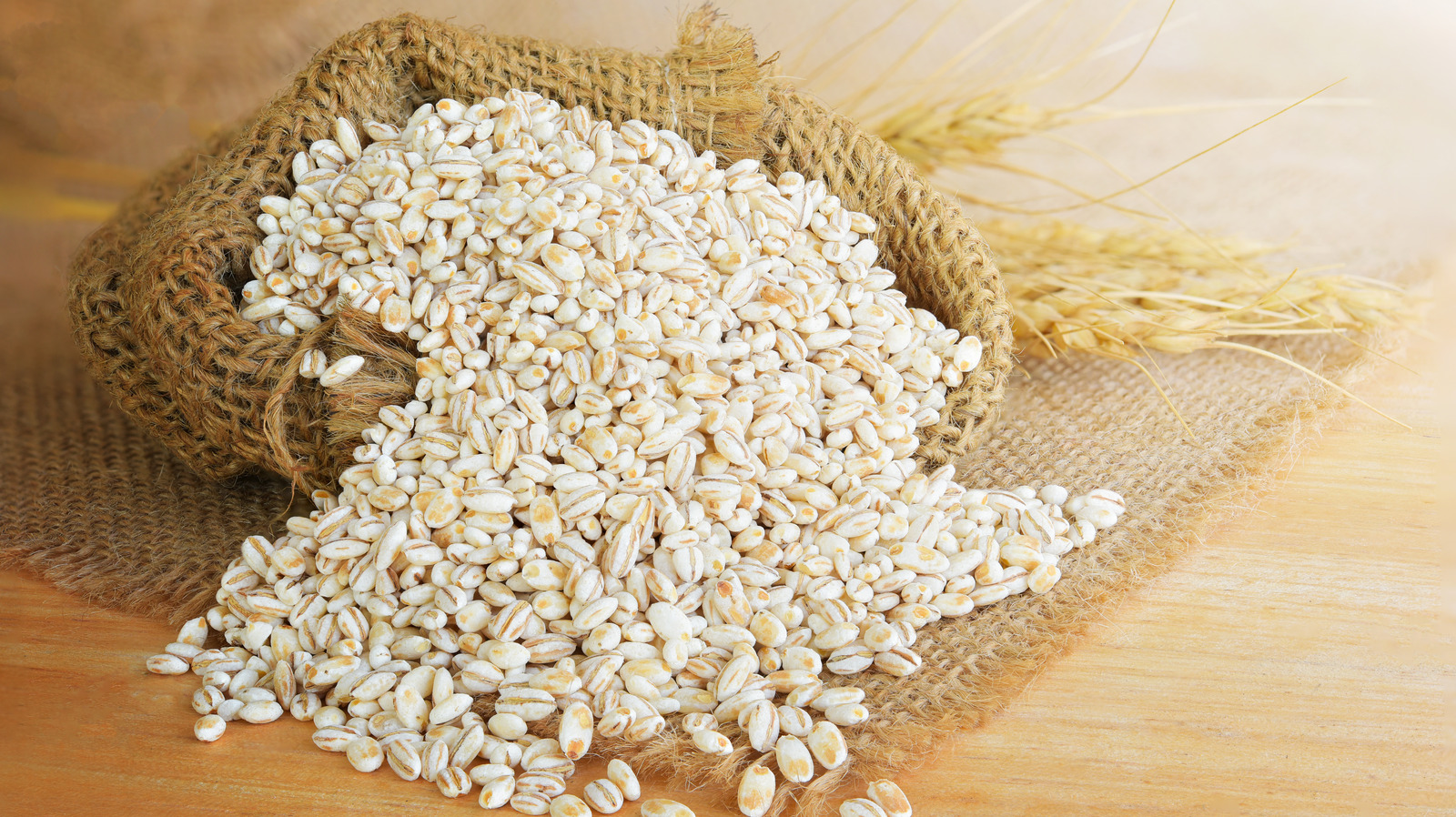Peanuts are a type of legume that grow underground, similar to other legumes like beans and lentils.
Peanuts are a rich source of nutrients, including protein, healthy fats, fiber, vitamins, and minerals, and have been associated with various health benefits such as improved heart health, blood sugar control, and weight management.
Benefits of Peanuts
- Heart health: The healthy fats in peanuts can help improve heart health by reducing inflammation and improving cholesterol levels.
- Blood sugar control: Peanuts have a low glycemic index, which means they can help regulate blood sugar levels and may reduce the risk of developing type 2 diabetes.
- Weight management: The combination of protein, healthy fats, and fiber in peanuts can help promote feelings of fullness and reduce overall calorie intake, which can aid in weight management.
- Antioxidants: Peanuts contain antioxidants such as resveratrol and p-coumaric acid, which can help protect against cell damage and may reduce the risk of chronic diseases such as cancer.
Nutritional Facts of Peanuts
- Protein: Peanuts are a good source of plant-based protein, which is important for building and repairing tissues in the body.
- Healthy fats: Peanuts are high in monounsaturated and polyunsaturated fats, which can help improve heart health and reduce the risk of heart disease.
- Fiber: Peanuts are a good source of fiber, which can help improve digestion and promote feelings of fullness.
- Vitamins and minerals: Peanuts contain a variety of vitamins and minerals, including vitamin E, magnesium, and potassium.
Risks of Peanuts
While peanuts are generally considered safe for most people, there are some potential risks and side effects to be aware of:
- Allergies: Peanuts are a common allergen, and can cause severe allergic reactions in some people. Symptoms of a peanut allergy can include itching, hives, swelling, and difficulty breathing. In severe cases, peanut allergies can be life-threatening.
- Aflatoxins: Peanuts are susceptible to contamination with a toxic substance called aflatoxin, which is produced by certain types of fungi. Aflatoxin exposure has been linked to an increased risk of liver cancer.
- Oxalates: Peanuts are high in oxalates, which can contribute to the formation of kidney stones in some people.




